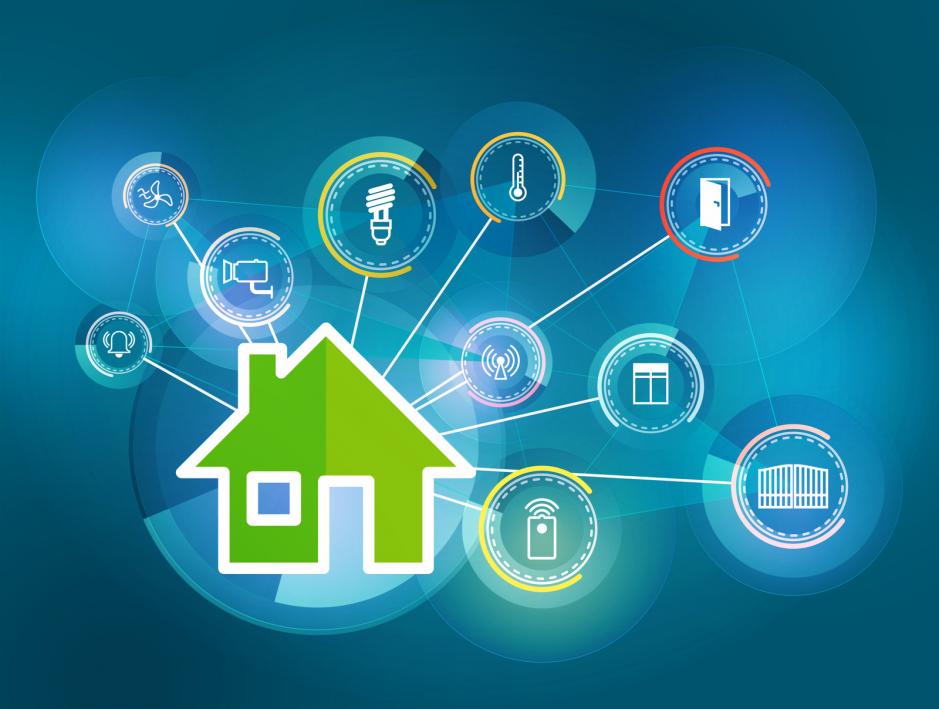Even though there have been massive advancements in regards to wireless networks, a hardwired network is still the faster and more reliable option. If you are looking for a rock-solid network, then wiring your house or business is the best way to go.
Types of Hardwired Computer Network
Modern hardwired networks are typically designed using three cabling options, i.e., Cat 5e or Cat 6 and Cat 7
- Cat5e cable ( Category 5e ): it’s a pair of twisted copper cable which can deliver speeds of up to a gigabit.
- Cat 6 cable ( Category 6): it’s a pair of twisted standardized cable which can provide network speeds of up to 10 gigabits.
- Cat 7 ( Category 7 ): was recently introduced to the market and what makes it distinguishable is the shielded cable that significantly reduces crosstalk.
- Fiber: Also known as optical-fiber cable, fiber optic cable provides a new alternative for networking. Unlike the Cat cables, fiber optic cable contains thin strands instead of copper and can reach long distances.
Cat5 vs Cat6 vs Cat7 vs Cat8 Ethernet Comparison:
Estimated Network Wiring Cost of Installing a Hardwired Computer Network
Although these cables are available in multiple options, how much does it cost to install them? Well, below is an estimated cost overview of 4 types of network cabling, including their pros and cons.
Cat 5e
A 250′ box of Cat 5e goes for around $26. Even though Cat 5e is the cheapest of them all, don’t use it unless you are on a strict budget. Not only is it slow and outdated, but it’s also being phased out at the moment.
Cat 6
It’s a bit more expensive compared to Cat 5e. A 250′ box of Cat 6 costs around $59.00. Some of the pros of using this type of cable include affordability and great value for money. Its internet speeds are efficient and match its price. However, Cat 6 also has some cons. For instance, its length can only cover a distance of 90 meters without compromising speed. Besides that, this cable doesn’t come with shielding for protection.
Cat 7
A 250′ box of Cat 7 goes for around $100. This quite a bit more expensive and mainly used for businesses and new constructions. Although Cat 7 is expensive, it offers a high level of performance. Additionally, it effectively minimizes the chances of crosstalk.
Fiber Optic Cable
Among the four types of hardwired cabling, fiber optic has the best speeds. A 250′ starts at $75, and it flawlessly covers longer distances. However, the installation process of fiber optic cable can be challenging and require specialized equipment such as pullers and trailers.
Installation Cost Breakdown
The installation costs typically include material and labor services for the electrician or the low voltage contractor. Other items which are required include patch panels and switches. The size of the rooms and the number of data points are crucial in determining the overall installation costs.
So an average 2000 square feet house with 10 data points will cost you around $900 in materials depending on the contractor as well as the complexity of the installation process. Note that wiring technicians usually charge around $85 to $120per hour. So, if you go with a professional Cat 6 installation, be prepared to spend about $1700 on labor cost.
Additional materials may include:
- Wireless Router and Access Points
- Ethernet Switch
- Plugs, plates, and RJ45 connectors.
- Plastic grommets.
- Patch panels.
- Velcro strips and cable ties.
- Patch Cables.
- Conduits etc..
Note that larger homes will need longer cables. This means that you can end up spending quite a bit more. Besides that, there are other devices such as a printer, security cameras, video doorbells, or other IoT devices that may require a network connection. This means that you will need to add more data ports in addition to more hours of labor.
Conclusion
There are many factors which influence the total costs of installing a hardwired computer network. Most homeowners and businesses prefer Cat 6 because it’s fast and affordable. This type of cabling is also versatile enough, and it provides room for growth. It efficiently handles home entertainment, including gaming and video streaming. Choose Cat 7 or consider Fiber if you want to future proof your home or business.
Pro tip: Remember to install the network equipment and run all the cables in a central location for easier network access to all rooms.
